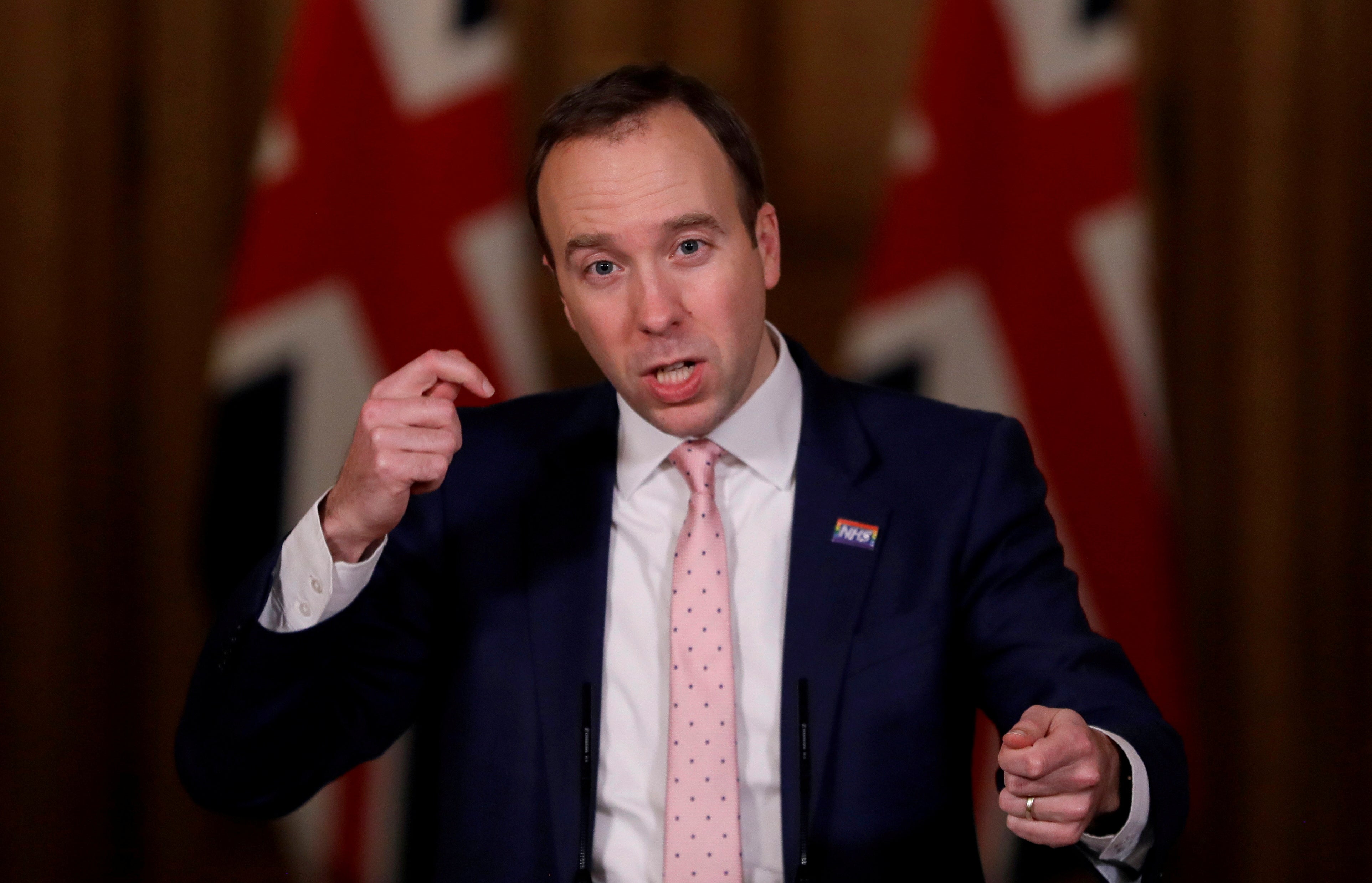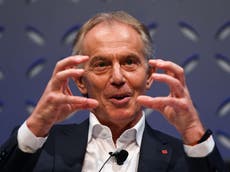Lockdown and the potential for increased restrictions is tough – but the alternative is worse
Editorial: We are in the middle of another difficult moment, where decisions are crucial

It is difficult to reconcile the fact that a disease now more infectious and thus potentially deadly than before has for too long not provoked the same urgency and fear that it did last year – either from the authorities or from the public.
This third Covid-19 “lockdown” is in fact more lenient than the first in March, even as the grim statistics of infection and death begin to trend higher than they did last spring. So no wonder the health secretary, Matt Hancock, has refused to rule out the lockdown restrictions in England being made even tougher.
Indeed, there now seems to be more chatter about evading lockdown rules, more apparent resistance to the police trying to do a difficult job, and more ludicrous social media conspiracy theories.
Some propagate the notion that the cure is worse than the disease, when we cannot conceive of the damage done to life and the economy if the virus were allowed to get further out of control. Libertarians should be reminded that “making choices for ourselves” doesn’t work when we are also making the choice of life or death for someone else at the end of a chain of infection.
Periodic restrictions have demonstrably reduced infections and casualties; the problems arise, as now, roughly a fortnight after lockdowns are eased, as the current regime was at Christmas. It would have been far better if the time “bought” in previous lockdowns had been used to implement an effective test and trace system, but the government failed to do so. Even so, the lockdown saved lives by spreading the burden on the NHS over time, as the weather improved, and delaying hospitalisations while new treatments and expertise was developed.
The basic epidemiological fact remains that the coronavirus spreads when humans are in proximity to one other. Reduce that and you reduce infections and deaths. Ignore social distancing and mask wearing and the virus will continue to take the lives of loved ones.
The chief medical officer, Chris Whitty, who still commands public respect, warns that hospitals may soon be unable to cope. The NHS will buckle. Non-Covid patients will suffer even more. So will the economy, if much of the population cannot function. In the final analysis there is no long-term trade-off between the clinical and the economic. Covid-19 unleashed would be a still greater economic catastrophe.
Much of the public in fact already does as the government says and behaves as they should. A significant proportion favour tighter restrictions, at least reverting to those from last March. Yet a minority seem resistant to reason.
What to do? More, tighter restrictions? Or more vigorous enforcement? More economic support, ie higher sick pay, for those on low incomes and no savings?
The answer is all of those, and more, because the country is, or should be, doing all we can. There isn’t a credible alternative to lockdown, and at least now, with the arrival of the vaccines, there is a better sense that the time bought by the lockdowns is being put to good use, and that the worst limits on freedom and the joys of life will be lifted before too long.
The March measures, unfortunately, need to be replicated immediately, and fresh ones considered. The daily press conferences should be fully reinstated, with slides about traffic levels and arrests alongside those of the R rate and hospital capacity.
The rules are not there to be gamed, finding loopholes for parties, for example, and coronavirus doesn’t listen to excuses. Neither, then, should the police.
Officers should enforce the law, but, as ever, it will have to be done proportionately and with cautions rather than fines as a first resort; without public consent policing soon becomes futile. And the government must at last make sure that no one loses out financially from doing the right thing and saving lives.



Join our commenting forum
Join thought-provoking conversations, follow other Independent readers and see their replies
Comments